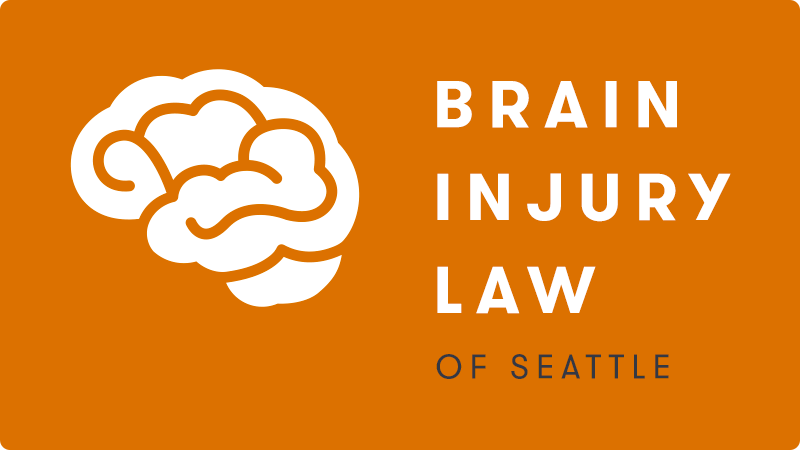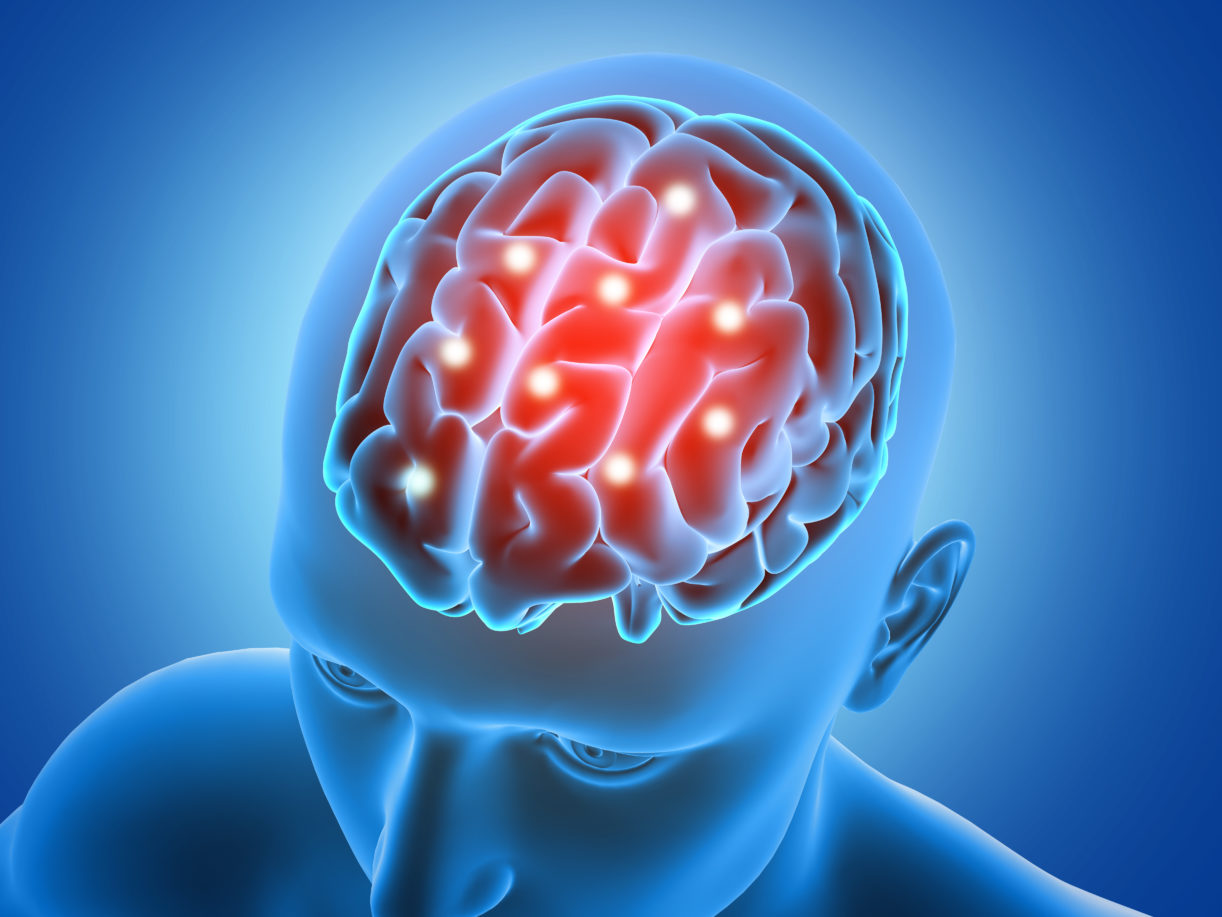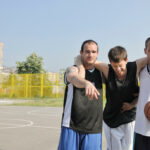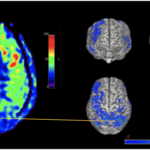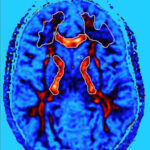For many years now, medical science has known that mild, moderate, and severe brain injuries can be a direct cause of post-traumatic epileptic seizures. Post-Traumatic Epilepsy (PTE) is considered “does dependent”, meaning that the worse the head injury, the more likely one can develop PTE.
It is most common to see the onset of seizures in the first week following a head injury– these are termed “short” seizures, because they appear shortly after the head trauma. “Long” seizures on the other hand are those that appear from 30 days post head injury to several years after. The most common time frame for “long” seizures is in the first two years following a mild, moderate or severe brain injury.
Seizures can take a variety of forms, from a very mild “déjà vu” type experience where one does not lose consciousness but does not recall short periods of time, to full-blown seizures with a loss of consciousness, loss of bladder control, clenching of teeth, and other undesirable physical problems associated with such seizures.
Given this, if you have had a brain injury, and did not have a seizure within the first week following the brain injury, but had one or more months or even years later, do not assume they are not connected to the brain injury.
There are a host of medical studies that explain why this occurs. When a brain injury occurs, it sets off a neuro-chemical imbalance in the brain. The “metabolic cascade” is the brain’s reaction to having been traumatized, and the brain’s way of trying to contain the brain damage. In short, the brain deploys certain neurochemicals to try and seal off the damaged areas of the brain from the healthy brain cells. It does this because there is a delicate balance existing within the brain between the chemical switches that allow brain cells to fire, and others that inhibit such activity to maintain a balance to our consciousness. In other words, if the cells fire too much or in an uncontrolled manner, it can spread to different lobes of the brain in an uncontrolled manner and turn into a seizure. By trying to seal off the damaged area, the brain is essentially protecting itself from this occurrence.
However, sometimes, the neurochemical balance is not entirely contained, and with an excess of certain metabolites specific to trauma in the brain, it can subsequently trigger this cascading event of brain cells over firing which results in a seizure. This is why seizures happen months or years down the road following the original head trauma.
The good news is that medicine has multiple anti-seizure medications to control such seizures, because having PTE can be tremendously disruptive to one’s occupation and livelihood. For example, if one has ongoing seizures, it can result in the loss of one’s driver’s license or be prohibited from working in a profession requiring vigilant awareness-which happens to be many professions. When one has been diagnosed with PTE, it is typically considered a permanent condition that required lifelong medication.
At BILS, we are very aware of the risk of PTE and have successfully handled these cases. If you have had a brain injury and developed subsequent seizures at some point after the brain injury, do not accept that the two are unrelated-they most likely are. Having a law firm that understands the connection between head injuries and PTE is important. At BILS, we can also arrange to have enhanced imaging done to determine if the neurochemical biomarkers are present that may determine the onset of future seizure activity to help prove that any such seizures that occur are causally related to your head injury. Very few brain injury law firms can or will obtain this information. At BILS, we like to stay on the cutting edge of medicine to help our clients. Contact brain injury attorney today!
Related Articles
TBI-Related Sleep Issues
Traumatic Brain Injury Symptoms
Road Rash Healing Timeline
BRAIN INJURIES REHABILITATION
How Long After Hitting Head Can Concussion Symptoms Start
What Sport Has The Most Injuries
